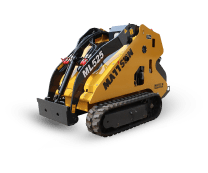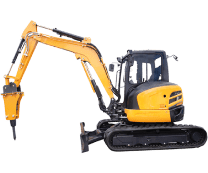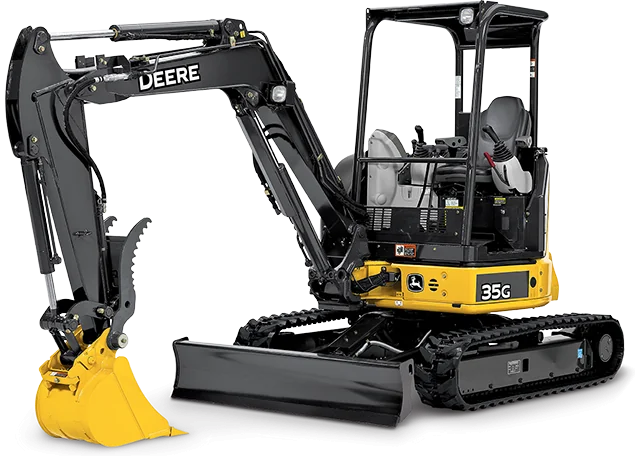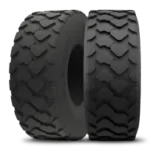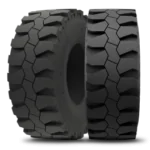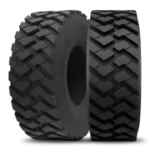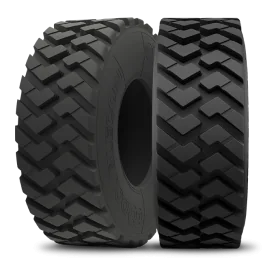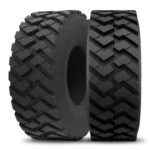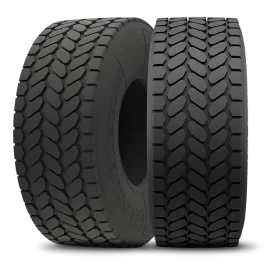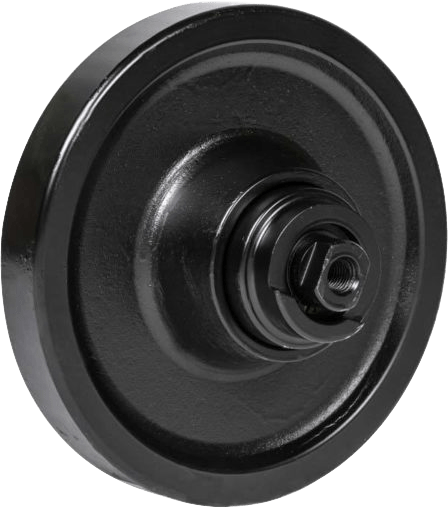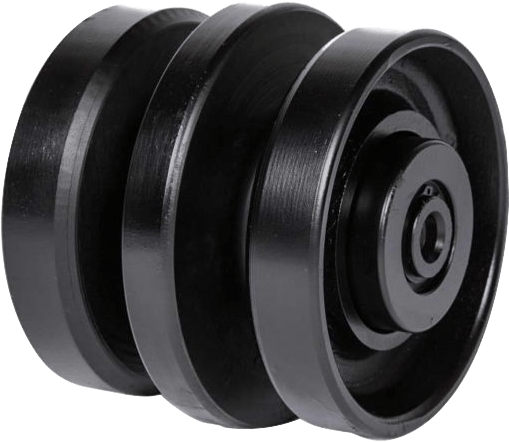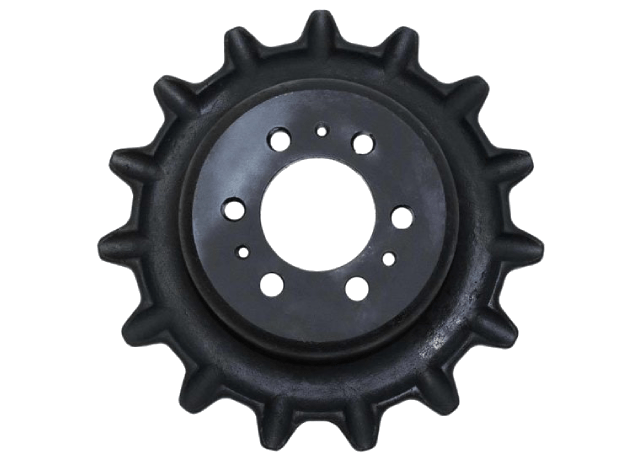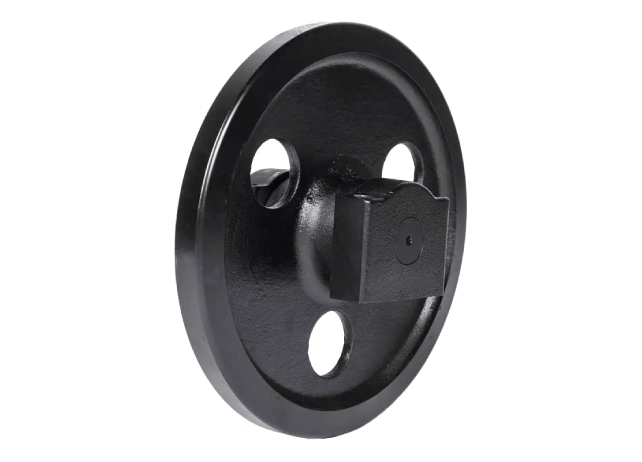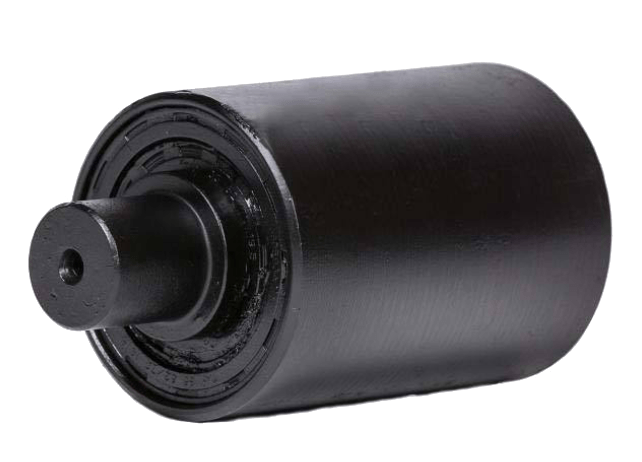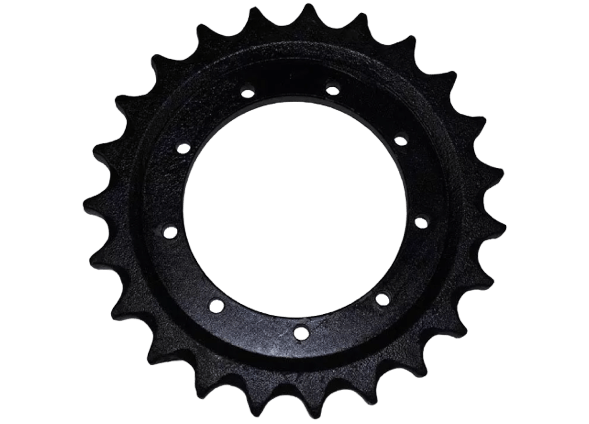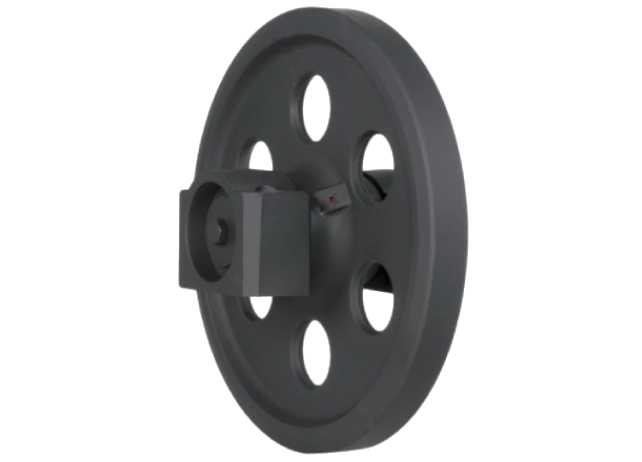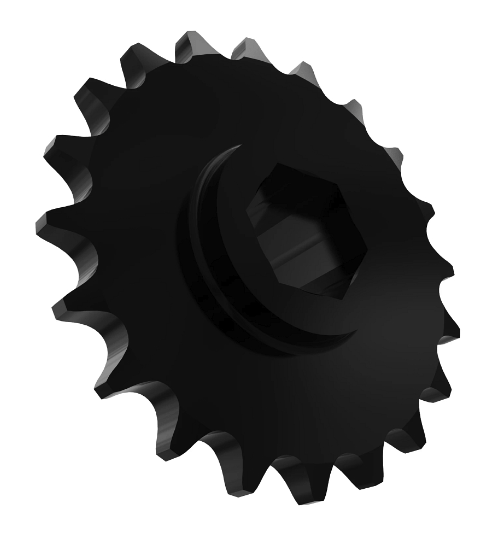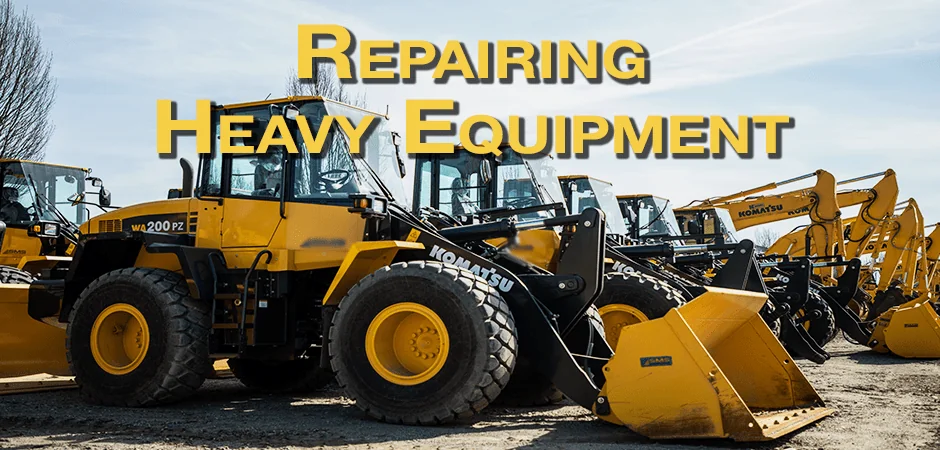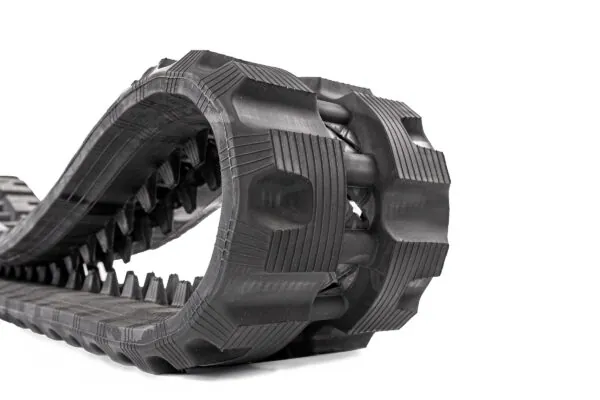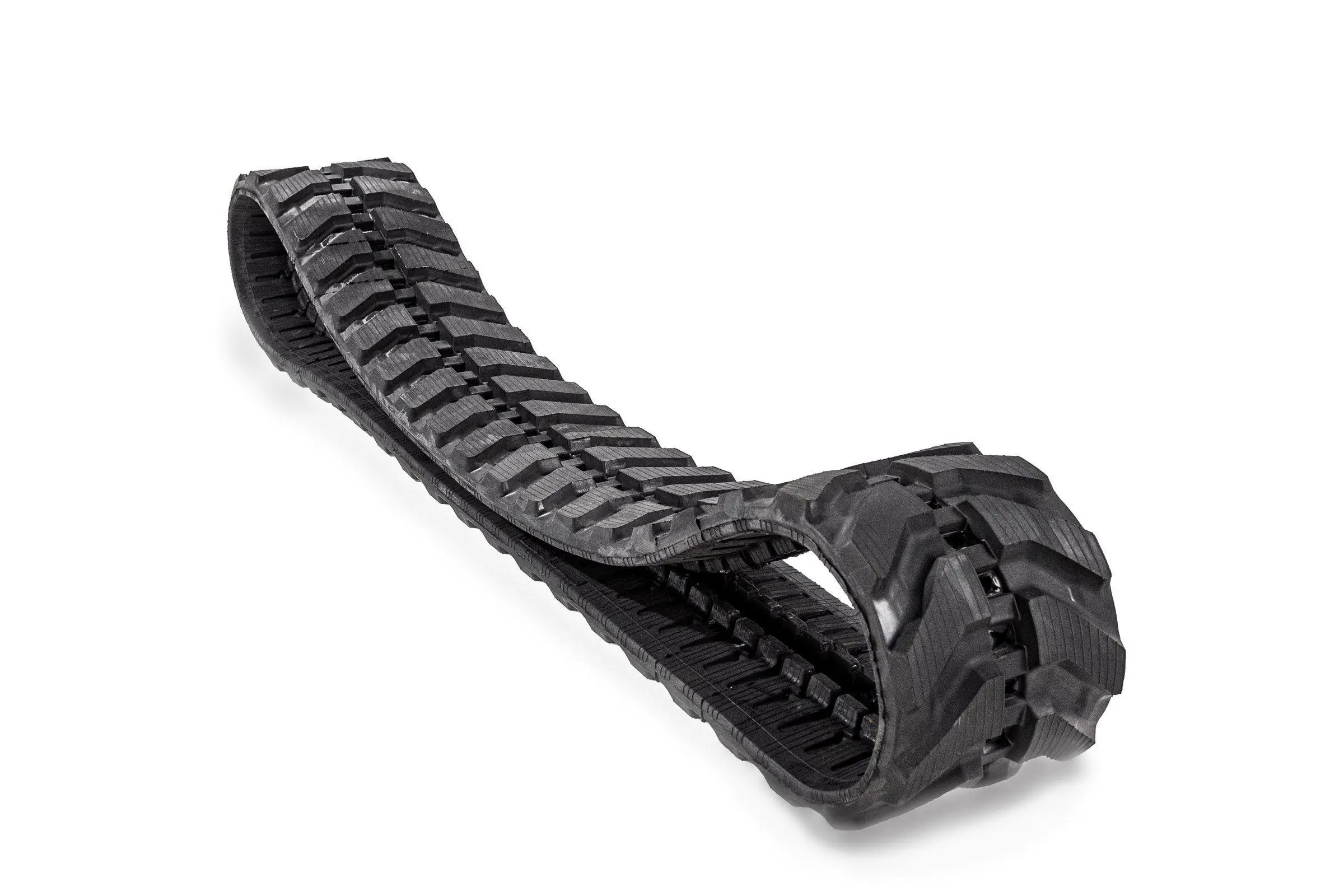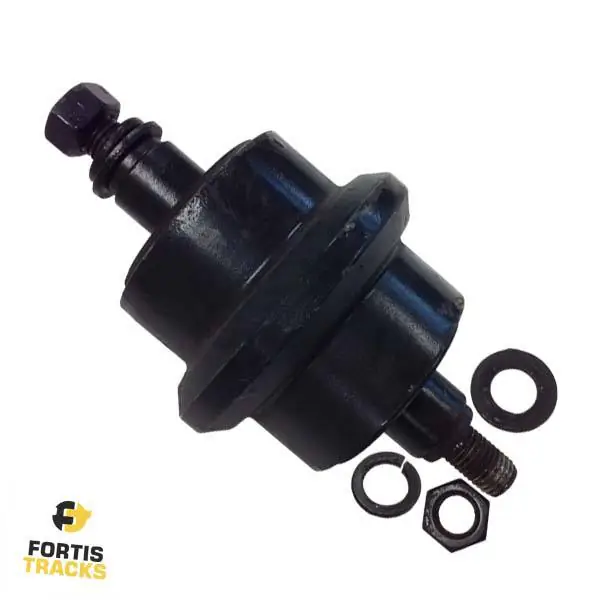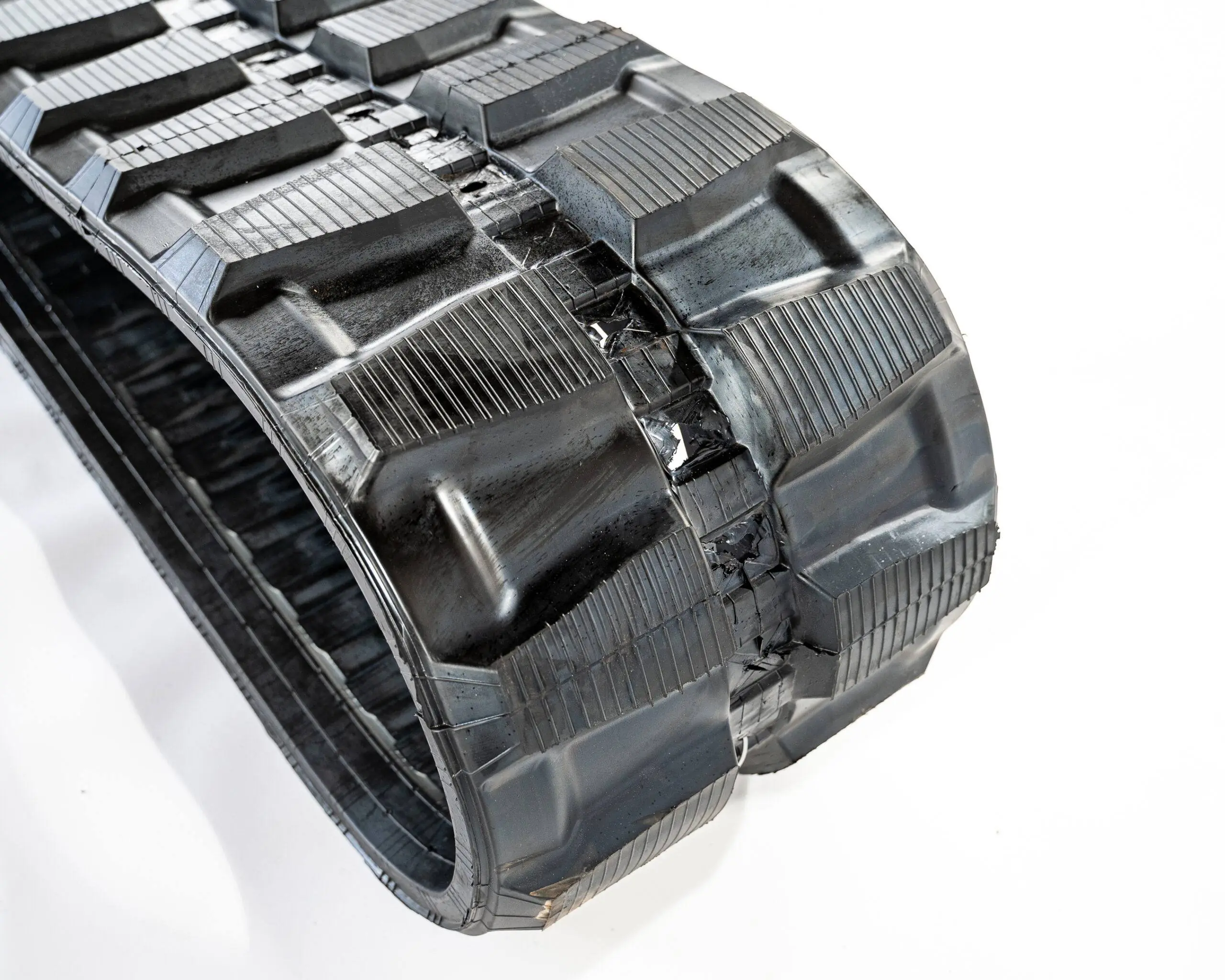As a construction, farming, or landscaping professional, heavy equipment is your go-to tool for getting the job done, on time and within budget. Large machinery is ideal for heavy and long-term use but must be treated with care to ensure their overall performance.
Over the production lifespan of your equipment, it will need ongoing maintenance that could reduce the amount spent on time and repairs. The less time being repaired, and more time on the job means a piece of heavy equipment is driving your profit levels.
For your kind of work, heavy equipment is large, tracked or wheeled machinery used in construction, farming, demolition, or any task where you are moving or excavating earth or job site debris. And even if you are driving around a Bobcat or John Deere mini excavator, they still qualify as “heavy” machinery. It also is fair to say that heavy equipment includes:
- Excavators
- Graders
- Loaders
- Power Systems
- Planers
- Trucks
- Tractors
- Spreaders
- Harvesters
- Dozers
Table of Content
Introduction to Heavy Equipment Repair
How hard can it be to repair your own equipment? Well, unless you are a professional with significant experience and education, repairing heavy equipment is not a task that just anyone can tackle. If you operate a backhoe or mini excavator, the assumption is you could handle small repairs or maintenance, but large-scale work – like replacing transmission components or a boom – may require not only specialized skill but tools and a dedicated work area.
Heavy equipment repair is not just a matter of rolling up your sleeves and getting your hands dirty while doing the work yourself. Every minute that a piece of equipment is unavailable – whether it is a specialized wrench, cement mixer, or heavy machinery such as a mini excavator – then you are losing time and, potentially, money. Not only will you not complete tasks as required by contract, but you will have to answer to your customer and future customers if a delay sullies your reputation. You are out of action if your machinery is on the sidelines. Thus, there are many things to consider when it comes to possible repair work.
Out of Pocket Expenses
The first question to answer is whether the repairs are covered as part of a manufacturer’s warranty. You can find this information by referring to your sales receipt, owner’s manual, or by contacting the manufacturer directly or the retailer where the heavy equipment was purchased. The manufacturer or retailer will tell you what information needs to be provided to determine warranty status. You may even be able to retrieve warranty status online.
Remember, you have a warranty for a reason, so use it when possible. The same applies to an extended repair program. Most heavy equipment manufacturers offer a minimum of a one-year warranty, which often covers maintenance costs during the first year. A warranty can save a lot of money, putting more into your pocket in the long run.
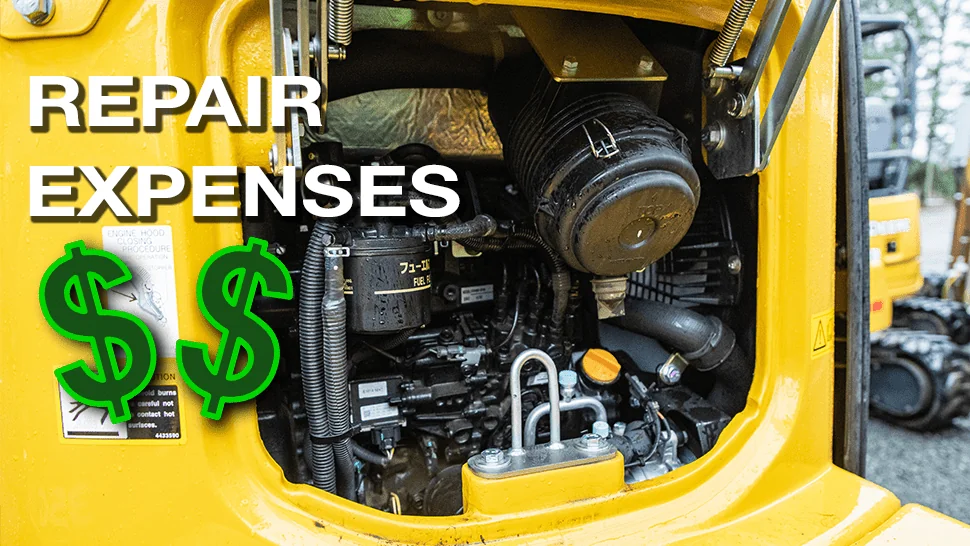
Helpful Tips
- Only have the work performed by an authorized warranty repair center.
- Regardless of where you choose to have the work performed, obtain two or three estimates – preferably in writing. Each estimate should include details of the hourly rate for the technician, and the cost of each item or component to be repaired or replaced.
- The 50-50 rule. In most cases, replacing the machinery can be avoided until the cost of repair is more than half the cost of a comparable replacement model.
Part of making an informed decision about repairing your heavy equipment is becoming knowledgeable about the full picture.
Questions to Ask
- How much money is owed on the machinery, unless it has already been paid off?
- What is it worth at trade-in, or as a resale item or salvage sale?
- Will the repair costs negatively affect your operating budget and assets?
- Do you have an accumulated total of maintenance and service expenses to date?
- Will a new piece of heavy machinery give you the means to bid on more lucrative work?
- How much will it cost to get rid of the machine at a salvage yard, dump, or elsewhere?
- What are the risks if the heavy machinery is not repaired?
- If you repair or rebuild, will that significantly extend the useful life of the equipment at a reasonable cost and with the performance you expect?
Review the Life-Cycle Cost Analysis
These are steps you can take to forecast, analyze, compare, and schedule factors to make an informed decision about repair options when compared to a full rebuild or replacement. You need to look objectively at the cost of ownership and operating the machinery.
- Ownership costs can be broken down into the overall price to buy the heavy equipment, taxes, interest on loans, annual insurance, storage, the cost of the equipment depreciating, and finally taking it out of commission and proper disposal.
- Operating costs are equally important. These are everyday expenses related to ongoing maintenance, repairs, the cost of manpower, and consumables like fuel, oil, tires, and other costs.
The analysis can be run against the cost to repair, rebuild, and to replace the heavy equipment, and should be kept in a spreadsheet for future review. This is not a decision to make in haste.
What Other Factors Influence Your Decision?
Most heavy equipment owners or operators know their machinery from all angles – how it moves, sounds, and performs under different environmental conditions and workload. But there are still other factors to inform your decision. For instance, what is the cost to repair an alternator or starter, compared to replacing it with a refurbished component, or replacing it with a new model? What about the following:
- How much it costs each mile or hour of operation for the equipment.
- The cost of a new and remanufactured component.
- The average number of hours per year the equipment operates.
- The average number of miles per year that is put on the heavy equipment.
- The age of the equipment.
- The heavy equipment’s overall condition.
- The type of work you expect to use it for in the future.
- The availability of parts and repair or rebuild services.
- Your overall budget.
Pros and Cons
No decision about repairing or replacing heavy equipment should be made in a vacuum. Talk to employees who operate it, mechanics who work on it, salespeople who deal with the manufacturer, a trusted peer. Do online research. Is there industry trade or professional forums where you can get an informed opinion?
If you purchase a new piece of heavy equipment, you likely will get the benefit of the newest technology, a longer operational lifetime, ergonomically designed seating and other safety features, fuel efficiency, lower maintenance expenses, and greater production potential.
But new versus repairing also has certain risks: The equipment will be more expensive than the older model, it could take longer for an operator to learn how it works, and you may have a long-term obligation in paying back a loan, taxes, interest, and extended warranty costs.
Are there advantages to going with a used or repaired a piece of heavy machinery? Of course. It will be less expensive, feature newer technology, it likely has fewer hours and mileage on the books, and it will almost certainly offer better performance than what you used before.
But opting for used machinery has its risk factors, too. You may not know previous ownership, the quality will not compare to new, it will have a shorter operational lifespan, and it may cost more in the long run due to warranty and maintenance.
What about if you just decide to rebuild what you own? There may be advantages, such as Rebuilding eliminates current problems, the equipment becomes “like new” for less, no depreciation costs, it will last longer than it not rebuilt, you do not have to sell it, and you have added value to a company asset.
Rebuilding heavy equipment has its disadvantages, too: Downtime during the rebuild, some technology or components cannot be upgraded, the cost, and potential issues with the quality of replacement components.
If you choose to just give in and repair what you own, then you may be on the fastest path to getting the equipment running again. This option also may cost the least, there is no depreciation of the machinery, no learning curve for operators, you now have a capable and reliable machine back on the job, and repair is likely the easiest short-term fix.
What about the cons of repairing what you already own? There are a few. The repaired equipment may have a productive but short production life, it could be challenging to find parts, most technology is locked-in and cannot be upgraded, repairs could take longer than expected or the mechanic could uncover other issues, or the repair may not offer more performance.
Which Heavy Equipment Components Fail the Most?
While your heavy equipment undoubtedly gets the job done, it is not indestructible. It is not failure-free. In fact, your excavator or tractor may eventually experience issues with the engine and engine control module, the driveline, various pumps (water, fuel, oil), and the transmission.
Minimize the Need for Repairs
Purchasing and operating heavy equipment can be very expensive, from the initial cost right through to wages and benefits for the machinery operator. Over the course of your equipment’s life, it may eventually need repairs, but you can take steps to minimize them. Here are several ideas to keep in mind.
Your heavy equipment needs to be cleaned
It may come as a surprise, especially to younger, inexperienced crew members, but keeping your heavy equipment at peak operating levels means that it also needs to be cleaned. Get on a regular schedule and follow it.
The typical work site can be unpredictable. High temperatures one day, too low temperatures and high wind the next. You also will experience your share of rain, and perhaps snow and sleet. Different environmental conditions will kick up the worst natural elements imaginable – dirt, mud, dust, leaves, and other flying debris. Each of these carries their own dangers, but you can be assured of this: They will clog vents, filters, and endanger electrical components when you least expect it.
After every job – or even the end of every workday – make sure your heavy equipment has been cleaned. Use a hose or power washer to remove built-up mud, caked on dirt, and grease build-up. Also clean removable components, too, like filters.
Regular cleaning can become simple and routine, not to mention cost-efficient. It also may prevent costly repairs or replacement over time.
Electronics and wiring are fragile – protect them!
If you have a nice stereo system at home, tucked away in an entertainment center and backed into a corner, did you ever look at the wiring in the back – maybe the first time since you bought it? Yes, the speaker and electrical wires may be coated in dust or even tangled up or gnawed on by a family pet. They are fragile and need to be protected – the same as electronics and wiring in your skid steer or other heavy equipment.
Wires and circuitry in your heavy equipment are susceptible to damage from wind, water, dust, and other elements like snow, so you need to ensure they are protected. If protected by a door or paneling, make sure the opening is sealed around the frame. Little steps to protect components such as the alternator, started, and other important electrical components will lessen the chances of repair and replacement.
Check fluids and lubricate moving parts
Just as you make sure your personal automobile receives regular oil changes and other vital fluids are topped off as needed, you should extend the same care to your heavy construction equipment. There is any number of moving parts in large machinery that need to be lubricated, often after a certain number of work hours or miles driven. Every heavy equipment manager offers a recommended maintenance schedule for checking and changing vital fluids, so it is best to be aware of them. If necessary, print the schedule and tape it somewhere on the equipment so it can be seen. Make someone on your crew responsible for this task.
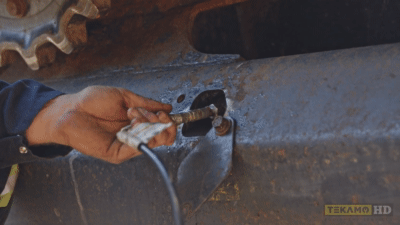
How do the tires or tracks look?
Rubber tracks and tires, or even steel tracks, are put through an incredible amount of punishment when heavy equipment is in use. They regularly run over hard and uneven surfaces, they are expected to roll over rocks, construction debris, tree roots, and other job site dangers – sometimes hazardous materials. But like anything else, tires and tracks can fail. They need to be inspected regularly for signs of wear and tear – cracks, gouges, tears, bulges, or anything else that appears abnormal. For tires, it is important they are inflated at the manufacturer recommended level. When it comes to tracks, rubber or steel, they must not be too tight or lose, as either can result in severe equipment damage.
If you can afford to buy heavy equipment, then do not skimp on proper storage
It should go without saying, but heavy equipment – mini excavators, loaders, etc. – are susceptible to surface damage from the elements and should be properly stored when not in use. This does not mean throwing a tarp over it or shrink-wrapping it like a speedboat and storing it outside all winter. No, the elements – wind, rain, snow, temperature extremes – can wreak havoc, eventually corroding not only the exposed surfaces of your machinery but eventually eating away at interior components. When not in use, your equipment should be stored in a secured storage space, preferably one that is fully protected from the outdoors.
Respect manufacturer recommendations on machine limits
Heavy equipment is incredibly powerful. Certain machines – depending on overall size, design, engine output, and load capacity – can lift, move, or displace several tons of rocks, dirt, metal, and other debris that needs to be relocated. But they are not all-powerful. When your salesman points out load limits for your machinery, pay attention. Product brochures and operator manuals also will specify the manufacturer recommended limits, and it is critical to stay within those boundaries. Exceeding those limits will place undue stress on booms, buckets, tracks, wheels, engine components, and other critical parts, eventually leading to breakdowns requiring costly repairs.
Maintain records
Most heavy equipment manufacturers provide a detailed checklist of maintenance items for your machinery, as well as a recommended schedule of when such work needs to be accomplished. Follow any schedules diligently and be sure to record the results on paper or digitally for future reference. If multiple employees will be operating the equipment, or different mechanics will work on maintenance, it is important to have these records available so repeat work is not undertaken unnecessarily. Keeping clear and concise records also will come in handy if you request warranty work from a licensed repair center, file an insurance claim, purchase insurance, or even sell the equipment.
The investment you have made in heavy equipment is significant enough that you should take whatever preventative maintenance steps necessary to keep it in working order and to maintain its resale value if necessary.
Why Does Heavy Equipment Sometimes Fail?
Trying to avoid the need for repairs to heavy equipment is something that every owner-operator strives to achieve but is sometimes unavoidable. Machinery breaks down, sometimes through no fault of your own. What are the most common causes of heavy equipment failure that will lead to potentially expensive repairs? Here are three to watch out for.
The age of the machinery itself
We all like to believe that with proper care, the items we use daily – from personal automobiles and lawn care equipment to heavy, construction-grade machinery – will last forever. This presumes something dangerous: That items are built to standards which may, in fact, be unrealistic; and that equipment will operate efficiently with little or no maintenance. The truth is that even the most highly regarded machinery will wear out over time. In the case of heavy equipment, the maximum production life is about 10 years. In an ideal world, you may be able to squeeze 15 years out of certain equipment.
Fluid power issues
According to some industry research, heavy equipment like tractors and excavators experience a catastrophic breakdown in three out of four cases due to fluid power contamination. When water and particulate matter seep into hydraulic systems, your equipment could experience problems like Fluid degradation, fluids will lose viscosity and load-bearing capability, and increased component wear. If water can make it into your hydraulic systems, it can free – thereby leading to loss of system performance and heavier component wear. These are the reasons that hydraulic filters need to be inspected regularly and swapped out if needed.
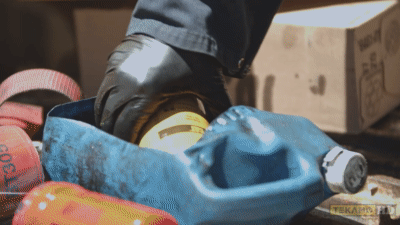
Operator error
Company owners sometimes make an error of assumption: That their equipment operators are fully versed in how heavy machinery works. This is a mistake, which leads to an industry-wide failure rate of about 35 percent due to user errors. And if you have read your equipment warranty, you will notice that repairs are never covered due to operator error. There is an easy solution: Make sure your operators are trained to use the heavy equipment you have purchased. Most manufacturers and even some retailers offer online training or classroom-based coursework where your employees can learn all they need. It is your responsibility to make sure your employees are educated and, in some cases, certified to use certain machinery.
Heavy equipment will wear down over time, necessitating repairs and replacement. Industry standards and technological innovations roll along each year, making some equipment obsolete. As you replace old or worn out machinery, keep in mind that the easiest way to stay profitable is to avoid repairs. Follow recommended maintenance schedules, perform repairs when needed, make sure your operators have the experience and knowledge to do their jobs. It is important to respect and care for the equipment that is the lifeblood of your business and to remember that without it, you jeopardize your reputation and ability to earn new contracts.


